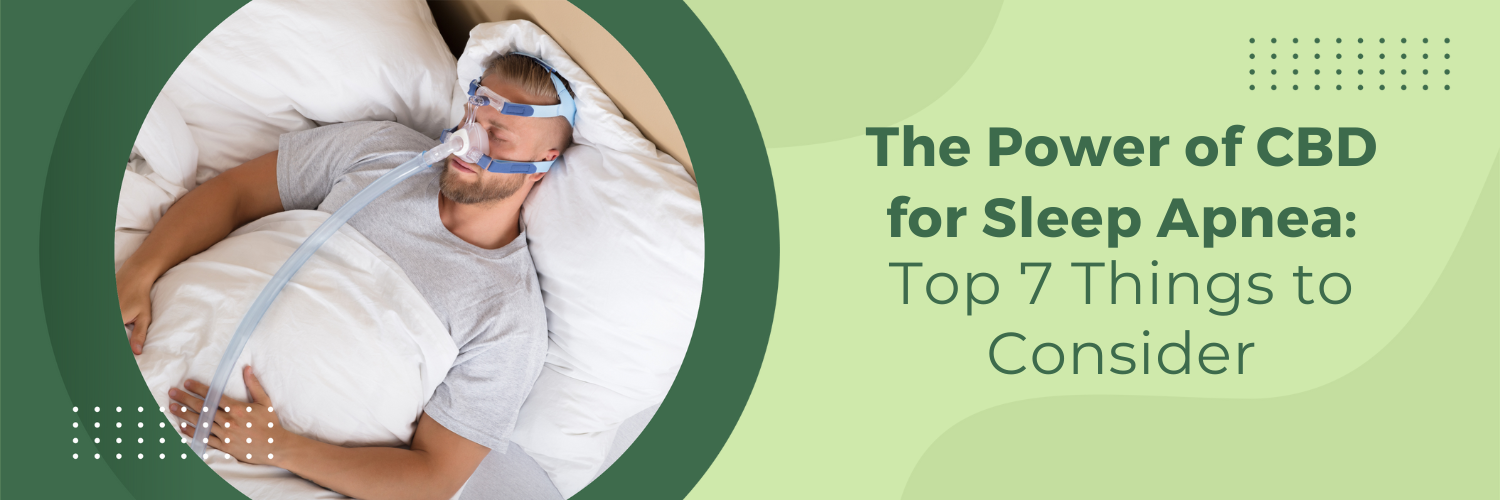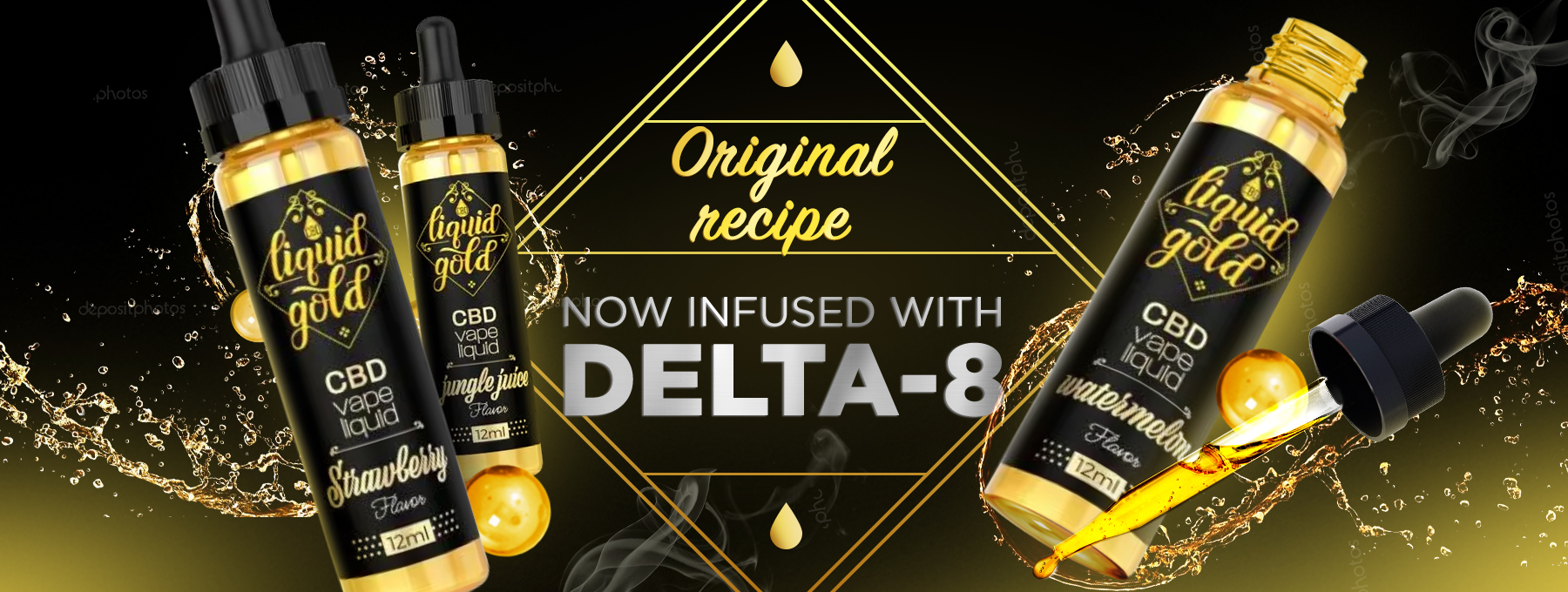What is Sleep Apnea?
Sleep apnea is a sleep disorder classified into three main types: obstructive, central, and mixed. Obstructive sleep apnea (OSA) occurs when the airway becomes partially or completely blocked during sleep due to relaxed throat muscles or physical obstructions, such as enlarged tonsils or excess weight. Central sleep apnea (CSA) occurs when the brain fails to send proper signals to the muscles controlling breathing. Mixed sleep apnea is a combination of both obstructive and central types.
Common symptoms of sleep apnea include loud snoring, excessive daytime sleepiness, frequent awakenings, and gasping or choking sensations during sleep. Untreated sleep apnea can lead to serious health complications such as hypertension, heart disease, and stroke.
CBD and Sleep Regulation
The endocannabinoid system (ECS) plays a crucial role in regulating various physiological processes, including sleep. CBD interacts with the ECS by influencing the receptors and enzymes involved in maintaining balance within the body. By modulating the activity of these receptors, CBD can potentially promote better sleep quality and regulate sleep-wake cycles. Furthermore, preclinical and clinical studies have shown promising results regarding CBD’s ability to improve sleep duration, reduce sleep disturbances, and enhance overall sleep architecture. However, it is important to note that further research is needed to fully understand the mechanisms underlying CBD’s effects on sleep regulation.
Potential Benefits of CBD for Sleep Apnea
CBD may offer several potential benefits for individuals with sleep apnea. One of the key ways CBD may be beneficial is by reducing inflammation in the airways and promoting better breathing. Inflammation can contribute to airway obstruction, a common feature of sleep apnea. By mitigating inflammation, CBD may help improve airflow and reduce the frequency of apnea episodes during sleep.
Additionally, CBD’s anxiolytic properties may help alleviate anxiety and promote relaxation, potentially leading to improved sleep quality and reduced sleep disturbances. It is important to note that while CBD shows promise in managing sleep apnea symptoms, it should not replace conventional treatments. Instead, it can be used as part of a comprehensive approach to enhance overall sleep health.
Dosage and Administration of CBD for Sleep Apnea
Determining the right CBD dosage for sleep apnea requires careful consideration. It is recommended to start with a low dosage and gradually increase until the desired effects are achieved. Factors such as body weight, individual tolerance, and the severity of sleep apnea symptoms should be taken into account. CBD is available in various product types, including oils, tinctures, capsules, and edibles.
Each product type has its own advantages and considerations. For example, oils and tinctures offer flexibility in adjusting dosage, while capsules provide convenient pre-measured amounts. Consulting with a healthcare professional or a knowledgeable CBD specialist can help determine the most suitable product and dosage for individual needs.
Top 7 Things to Consider When Using CBD for Sleep Apnea
- Consult with a healthcare professional: Before incorporating CBD into your sleep apnea treatment plan, it is crucial to consult with a healthcare professional who is knowledgeable about both CBD and sleep disorders. They can provide personalized guidance, evaluate potential interactions with medications, and ensure it aligns with your overall health needs.
- Research and choose reputable CBD products: It is essential to research and select reputable CBD products from trustworthy brands. Look for products that undergo third-party testing to ensure quality and purity. Understanding the different types of CBD products available, such as oils, tinctures, or capsules, can help you choose the most suitable option for your needs.
- Start with a low dosage and monitor effects: Begin with a low dosage of CBD and gradually increase it until you find the optimal dosage that provides the desired effects. Keeping a journal to track the dosage and its effects on your sleep quality can help you fine-tune your CBD regimen.
- Consider the potential benefits of CBD for sleep apnea: CBD may offer several potential benefits for individuals with sleep apnea. These include reducing inflammation in the airways, promoting better breathing, alleviating anxiety, and improving overall sleep quality. Understanding these potential benefits can guide your expectations when incorporating CBD into your treatment plan.
- Complement CBD with lifestyle changes: While CBD can contribute to better sleep health, it should be used alongside other lifestyle changes. Weight management, positional therapy (e.g., sleeping on your side), and practicing good sleep hygiene (establishing a consistent sleep routine, creating a sleep-conducive environment) can all complement the effects of CBD on sleep apnea symptoms.
- Be aware of potential side effects: Although CBD is generally well-tolerated, it can cause mild side effects in some individuals, such as dry mouth, drowsiness, changes in appetite, or gastrointestinal discomfort. Being aware of these potential side effects can help you make informed decisions and monitor your response to CBD.
- Stay informed and be patient: The field of CBD research is continually evolving, and new findings may emerge regarding its effects on sleep apnea. Stay informed about the latest research, and approach CBD with patience. It may take time to find the right dosage and experience the desired effects, so maintaining realistic expectations is important.
By considering these top 7 things, individuals with sleep apnea can navigate their journey with CBD more effectively, maximizing its potential benefits and improving their overall sleep quality. Remember to prioritize consultation with healthcare professionals and personalizing your approach based on your unique needs and circumstances.
Other Lifestyle Changes to Consider
While CBD may provide potential benefits for sleep apnea, it should be complemented by other lifestyle changes for optimal results. Weight management plays a crucial role in managing sleep apnea, particularly in cases of obstructive sleep apnea. Losing excess weight can reduce airway obstructions and improve breathing during sleep.
Practicing positional therapy, such as sleeping on the side instead of the back, can also help alleviate sleep apnea symptoms. Additionally, adopting good sleep hygiene practices, such as maintaining a regular sleep schedule, creating a conducive sleep environment, and avoiding stimulants close to bedtime, can contribute to better overall sleep quality.
Potential Side Effects and Precautions
While CBD is generally well-tolerated, it may cause some side effects, albeit typically mild. These can include dry mouth, drowsiness, changes in appetite, and gastrointestinal discomfort. It is important to note that CBD can interact with certain medications, particularly those metabolized by the liver’s cytochrome P450 enzyme system.
Therefore, individuals taking prescription medications should consult with a healthcare professional before incorporating CBD into their treatment plan. Special precautions should be taken by pregnant or breastfeeding individuals, as research on CBD’s effects in these populations is limited.
Choose Leaf Alleviate for Your CBD Needs
If you’re interested in exploring CBD products specifically formulated for sleep support, we encourage you to check out Leaf Alleviate. Take the next step towards better sleep and discover how CBD may benefit you. Shop now.
FAQs
Q: Can CBD completely cure sleep apnea?
While CBD shows potential in managing sleep apnea symptoms, it is important to note that it is not a cure for the underlying causes of sleep apnea. It can be used as a complementary therapy to improve sleep quality and alleviate symptoms.
Q: Is CBD legal and safe to use for sleep apnea?
The legality of CBD varies by country and region. It is important to ensure that CBD products comply with local regulations. As for safety, CBD is generally considered safe, but individuals should be aware of potential side effects and consult with healthcare professionals before use.
Q: How long does it take for CBD to show its effects on sleep quality?
The time it takes for CBD to take effect may vary among individuals. Some people may experience immediate effects, while others may require several days or weeks of consistent use to notice improvements in sleep quality.
Q: Can I use CBD alongside my existing sleep apnea treatment?
CBD can be used alongside conventional sleep apnea treatments, but it is important to consult with healthcare professionals to ensure compatibility and proper monitoring of the treatment plan.
Q: Are there any specific CBD products recommended for sleep apnea?
The choice of CBD product depends on individual preferences and needs. Oils, tinctures, and capsules are commonly used for sleep-related issues. It is advisable to opt for high-quality, third-party tested products from reputable brands.













